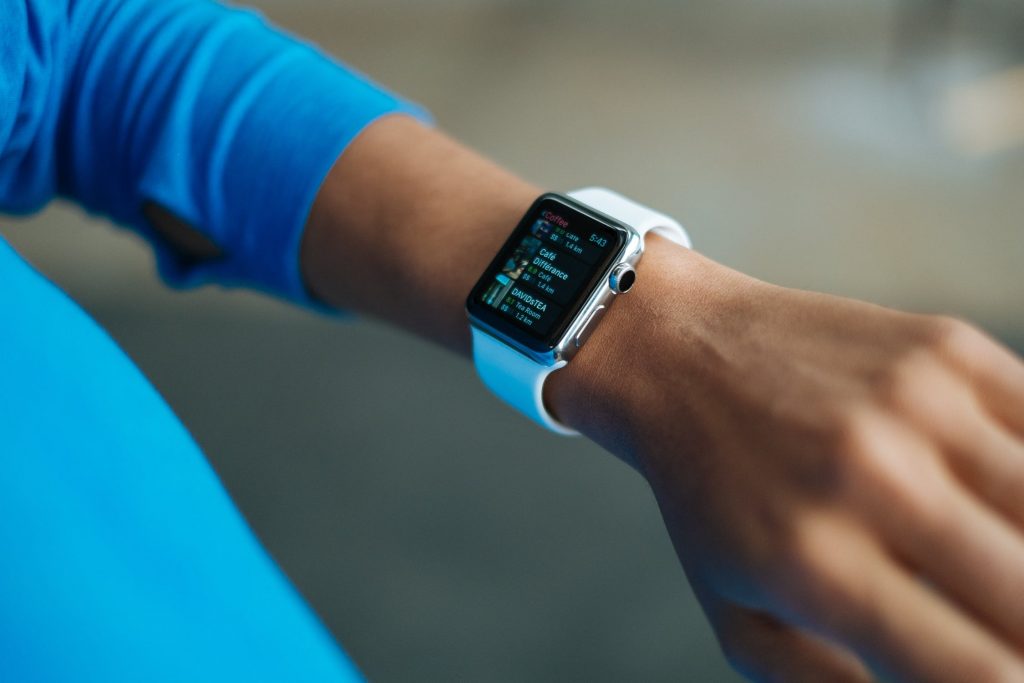For many years, artificial intelligence (AI) has seemed like a far-off concept, only depicted in science-fiction movies. However, based on the current landscape of AI utilization across industries, the impact of machine intelligence is already here. Almost every industry is being affected by AI and cardiology is no exception. From predicting heart disease to managing patient records, some narrow uses of AI in cardiology are already being utilized. Research suggests that the future of AI is poised to affect all aspects of cardiology from research and development to clinical practice.
Current Implications for AI in Cardiology
Research and clinical studies have shown that the use of AI in cardiology can improve heart disease detection, interpret test results, personalize therapies, and monitor heart activity. The use of AI algorithms and technologies is creating a new frontier for cardiology, promising greater efficiency, effectiveness and personalization in cardiovascular care.
Prediction of Heart Disease
In the field of cardiology, early detection is key. Researchers are developing AI algorithms that can help predict heart disease in new and inventive ways. A recent study conducted in 2018, showed that AI, in the form of a signal-processed surface algorithm, could successfully predict abnormal myocardial relaxation. Through this type of AI technology, cardiologists can detect heart disease much earlier to dramatically improve patient outcomes.
Remote Monitoring of Cardiac Activity
Wearable AI technology already present in devices that monitor heart rate activity, like the Apple Watch, can be used by doctors to continuously monitor patients’ cardiac activity remotely. AI is also currently used in an FDA-approved implantable electrocardiogram device that detects rhythm disturbances and blood glucose levels that provide alerts on both the Apple Watch and smartphone applications. The use of this AI technology ensures real-time updates that allow for the continuous monitoring and evaluation of a patient’s heart condition, which can aid in the individualization of diagnosis and treatment approaches. Scientists have also developed a cardioverter-defibrillator implant with built-in AI intelligence that can detect abnormal heart rhythms and immediately deliver a shock to prevent sudden cardiac death.

Workflow Assistance
Another implication of AI technology in cardiology is the use of technology to record and manage electronic health records. AI can analyze data much faster than humans can, so if done correctly, AI technology can aid cardiologists by quickly calculating patients’ data to optimize treatment effectiveness and decrease workloads for the clinician. In a 2016 study published in Europace, researchers developed a system that uses AI algorithms to analyze a large number of patients’ electronic health records as well as the anticoagulation status of patients with pacemakers. Through this analysis, cardiologists were able to classify the clinical importance of almost 2,000 atrial fibrillation alerts in 60 patients, resulting in an 84% reduction in workload for the clinician.
Implementation Challenges and Future Research
Physicians have been skeptical of integrating AI into the healthcare field primarily because of the ethical issues that come with putting the well-being of a patient into the hands of a machine. Healthcare professionals have argued that use of AI in medicine is a violation of the Hippocratic Oath, in which they promise to put the welfare and betterment of their patients first. Since machines always have the possibility of malfunctioning, the use of AI in healthcare will always pose a potential risk to the safety of the patient.
Regarding more programmatic challenges, the creation of AI algorithms requires a large amount of quality datasets, which would entail repeated, successful clinical trials in patients, which presents more difficult ethical hurdles. Without a wide range of datasets that consider all differentiating demographic and clinical characteristics, AI algorithms cannot be fully accurate and effective. This will take many years of data collection and clinical studies, so full integration of AI into cardiology seems to be far off. Before fully accepting AI techniques into cardiology practice, researchers will need to present proof that AI is a safe and accurate option for diagnostics and treatment that improve patient outcomes.
Researchers believe that despite the current successes of AI within the medical field, it still has far to go before it is fully embraced by the cardiology community. More studies are needed to compare current, standard methods for detection, screening, diagnosis and management of complex conditions. Although not widely implemented yet, artificial intelligence and other technological advancements like 3-D printing are predicted to continue to change the future of healthcare for the better.
To learn more about heart health and quality treatment options, visit our team of experts at CVG today.













